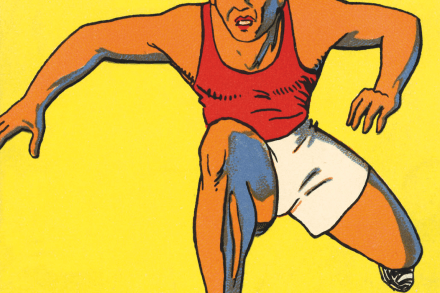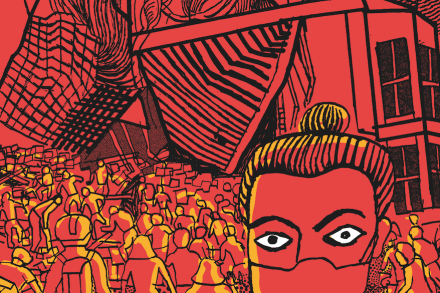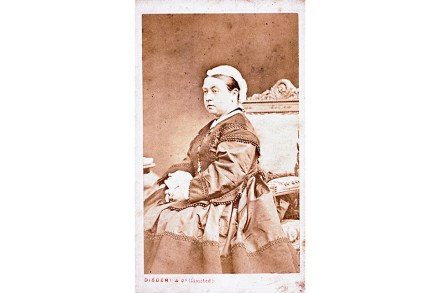Why Joni Mitchell sounded different from the start
What makes Joni Mitchell’s music special? The lyrics alone put her on 20th-century music’s Mount Rushmore, alongside her cultural mirror Bob Dylan and her brief lover Leonard Cohen. But for me it’s her phrasing, her tunings and her sense of time. Decades on, her music remains endlessly surprising. Think a line is going in a certain direction? Think again, as Mitchell bends it away; or shifts key; or arcs her voice into its celestial sphere, only to suddenly plummet, like a plane in turbulence. And yet the swerves feel somehow right, inevitable. Enlisting the help of jazz greats from Wayne Shorter to Herbie Hancock, Mitchell invented her own musical grammar:




















